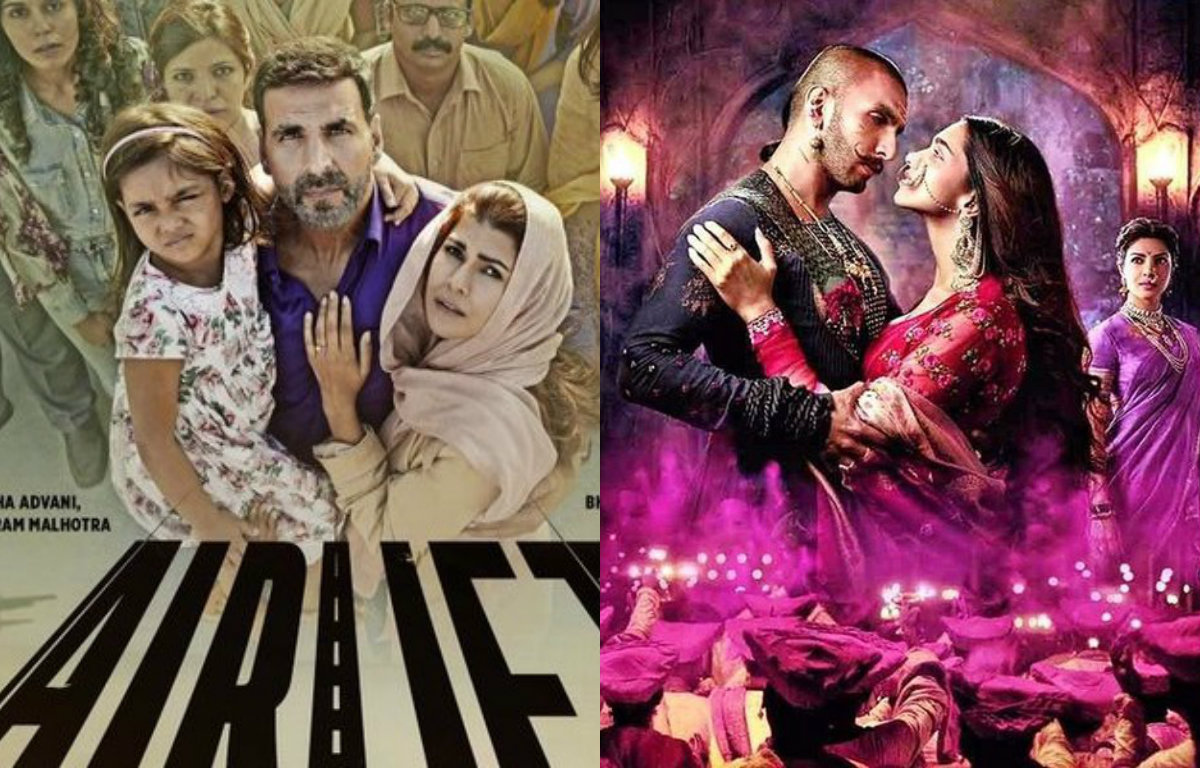
The latest trend that has hit the Bollywood industry is that of films based on real-life stories. Filmmakers are now keen to bring any heart-touching incident, which took place decades ago, to life. Be it a biopic on Milkha Singh or just about a double-murder mystery case that shocked everyone in the form of ‘Talvar,’ it is raining real-life stories in Bollywood. But along with this there’s another trend which has originated and that is of criticizing such films left, right and center and we wonder why!
Let’s talk about the recent film ‘Airlift’ which brings Pride to every citizen of India. Akshay Kumar recently presented his most awaited film ‘Airlift’ and after watching the film most of the critics said that the movie was worth the wait. The film which is based on the scenario of the largest human evacuation carried out to save numerous Indians stranded in the war hit area of Kuwait on the backdrop of the 1990 Gulf war, did not fail to impress anyone with its strong storyline. But despite garnering accolades from all the corners there was something which could tarnish the film’s glory and that’s the cynicism which the film received for not being factually correct. Few people blamed the makers of the film for not concentrating over the facts about this incident. But these cynics probably failed to look at the broader picture of the film.
Films like ‘Airlift’ are not just to state the facts but they carry a broad message with it too. To be honest, not many people knew that something like this happened (considering today’s generation). The youth today knows that India as a country was capable enough to save its citizens even back in 90’s. Didn’t it just upgrade or glorify the status of the Indians? Why do we forget that a film like this is just based on a certain incident. It is not a ditto replica of that episode. One cannot duplicate the exact scenario as no one knows the intricacies of what people actually suffered then. At the end of the day, any filmmaker who picks up such a topic will only pick up bits and parts of the story and will add his own touch to it. A film is a piece of an art based on the filmmaker’s vision. Why don’t we take it in that manner?
Even when Sanjay Leela Bhansali’s magnum opus ‘Bajirao Mastani’ made it to the theatres, a huge protest was carried out against the filmmaker for altering with the facts. A lot of people called it for a ban for this film to which Priyanka defended by saying that “This film is a part of history. You will see clarification from production house (Eros International) and Sanjay Leela Bhansali (director). This film is based on a book called ‘Rao’ and that is the author’s version of what happened in Bajirao and Mastani’s love story. So look at it as a beautiful rendition… Epic saga told from vision of Sanjay Leela Bhansali.”
We totally agree with her. Every filmmaker has his own vision when he decides to make a film and we should respect that. Why can’t we just take a film as a piece of art and nothing more than that? Open letters have literally become so common now that after every film someone or the other writes up an open letter criticizing the film. There are certain films which cannot go without criticism but there are films which get criticized just for the sake of it. We should not forget the fact that films are made for entertainment and that’s how a director perceives his film. The songs, the dialogues and everything are to entertain the audience and while doing so if it educates the masses or highlights a certain issue it’s just an add on to the film. We are sure that when this entire process of evacuation took place, the real Ranjit Katyal wouldn’t have got time to sing songs and romance with his ladylove but when it comes to making a film then it’s a part of the process. That’s the creator’s call, a director’s vision on how he wants it.
To conclude, we would just say that we live in a free country wherein everyone is entitled to enjoy their freedom of creativity and so are the filmmakers or an artist for that matter. Let a filmmaker take his own call when it comes to the cinematic execution. Good for cinema, Good for audience!
A strongly opinionated, free-spirited, budding Bollywood journalist, she likes to write anything in her own quirky style. When not running around to get assigned tasks completed, you will find her either painting, indulging in photography or dreaming in the la la land.


























Leave a Reply